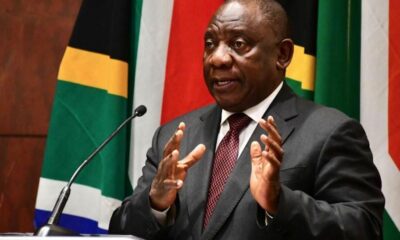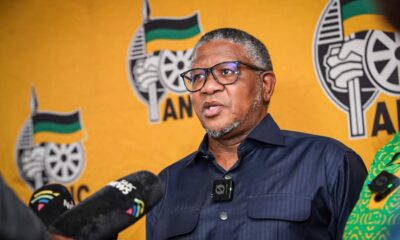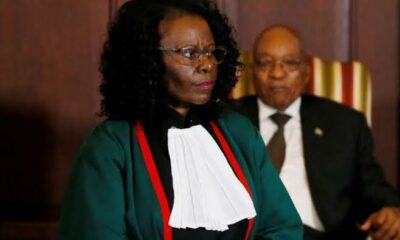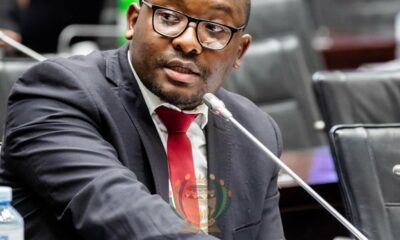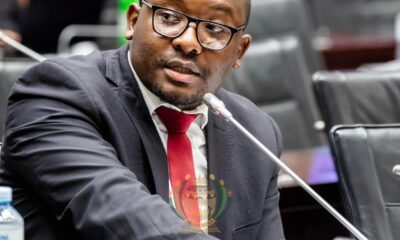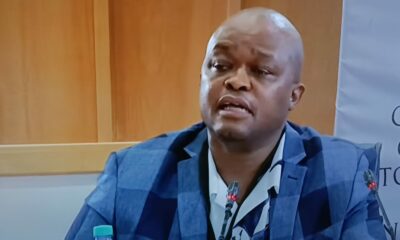News
Inside the Rot: Why South Africa Desperately Needs an Independent SAPS Corruption Inquiry
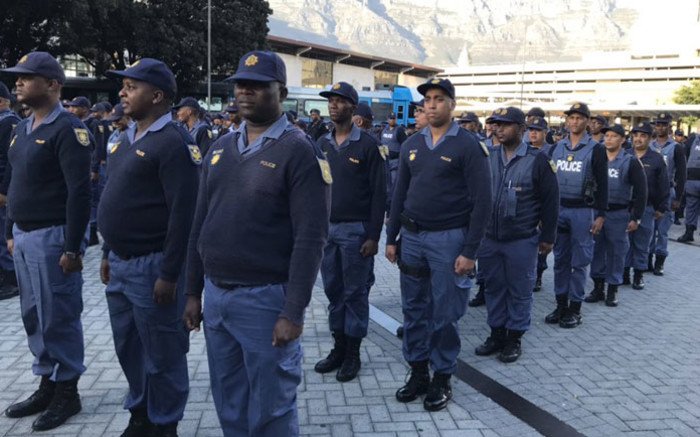
The truth is catching up with South Africa’s police force, but is it too late to clean house?
If there were ever a time for South Africa to take a long, hard look at its law enforcement institutions, that time is now. This week’s bombshell allegations by KwaZulu-Natal Police Commissioner Lieutenant-General Nhlanhla Mkhwanazi have reignited old fires around corruption in the South African Police Service (SAPS), painting a chilling picture of political meddling, organised crime, and systemic rot.
It’s not the first time we’ve been here and that’s exactly the problem.
A Culture of Corruption That’s Decades in the Making
From the fall of apartheid to today, the SAPS has been mired in scandal. High-profile cases, from former National Commissioner Jackie Selebi’s corruption conviction to ongoing whispers around Bheki Cele and Nathi Mthethwa, all point to a police force dangerously close to becoming a tool for political and criminal interests.
Mkhwanazi’s recent revelations, implicating current Police Minister Senzo Mchunu in alleged ties to drug cartels and the interference in investigations into political assassinations, are only the latest entries in a growing list of allegations.
And yet, very little changes.
“We’re Tired of Pretending It’s Isolated”: Public Outrage and Political Pressure Mount
Public frustration is boiling over. Civil society groups are demanding answers. A Change.org petition calling for stronger protections for whistleblowers like Mkhwanazi has gained traction, reflecting a growing fatigue with silence and inaction. Many South Africans are no longer convinced that SAPS can police itself.
“The people are ready for truth and justice, but it seems the leadership isn’t,” said one X (formerly Twitter) user, echoing a sentiment widely felt across social platforms.
Even seasoned observers like KwaZulu-Natal Violence Monitor Mary de Haas have added their voices to the growing call for a truly independent, transparent inquiry into SAPS corruption. De Haas warns that “without accountability, the rot will only deepen.”
The President’s Dilemma
President Cyril Ramaphosa, already navigating a turbulent post-election landscape, finds himself in a precarious position. On one hand, he must be seen to act, especially as opposition parties latch onto the issue and make noise about broader state capture within law enforcement. On the other, he risks inflaming tensions within his own party.
But leadership is about making the tough calls. And right now, it’s about restoring faith in the system.
The Case for a National Inquiry Is Stronger Than Ever
De Haas puts it plainly: “This isn’t about one man. This is about a culture.” Political appointments, entrenched interests, and criminal syndicates have blended dangerously within SAPS, and the results have been devastating — particularly for communities in provinces like KZN, where political assassinations have become disturbingly common.
She also acknowledges the complexity of the situation: Mkhwanazi himself is no saint. He’s faced criticism for using the media to build a “hero cop” image. But that doesn’t change the underlying truth: when senior officers start blowing the whistle, we need to listen and act.
Restoring Trust Starts with the Truth
If South Africa is serious about fighting organised crime, fixing broken institutions, and healing public trust, the first step is simple: pull back the curtain.
We need an independent judicial commission of inquiry into SAPS corruption, one with teeth, transparency, and no political strings attached.
Because without that, we’re just watching history repeat itself and the cost will be paid in blood, credibility, and the slow, painful erosion of our democracy.
{Source: IOL}
Follow Joburg ETC on Facebook, Twitter , TikTok and Instagram
For more News in Johannesburg, visit joburgetc.com

